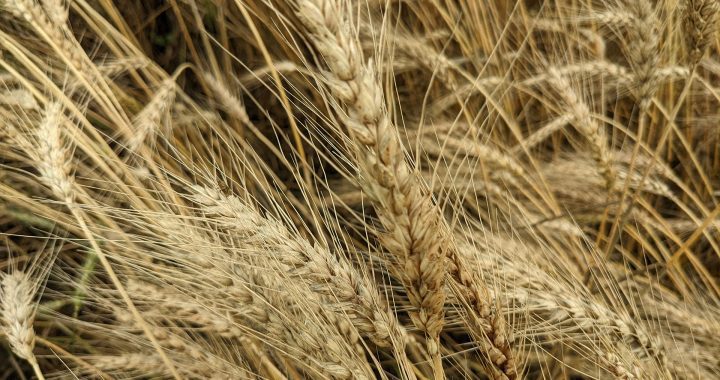The co-leader of Canada’s Green Party is calling a recently revealed tailings pond leak in northern Alberta an act of “environmental racism.”
Elizabeth May is referring to the nine-month leak at the Imperial Oil Kearl Lake site that only recently became public.
“Greens call on the federal government, on the environment minister, minister of fisheries, [to] throw the book at Imperial Oil,” May told Nation to Nation Host Annette Francis. “This is [alleged] criminal activity.”
May appeared on the APTN News program Thursday the same day the House of Commons was debating her private member’s bill [C-226] aimed at stopping situations like Kearl’s.
“If you map Canada for exposure to environmental risks that are also human health risks, overwhelmingly, it happens in Indigenous and marginalized communities,” she said.
Imperial discovered the leak nine months ago, but local First Nations – the Mikisew Cree and Athabasca Chipewyan – said they only became aware of it.
“[This] appalling nine-month period, when the Athabasca Chipewyan Cree were not warned, this is extraordinary,” said May. “Chief Allan Adam was kept in the dark for nine months.
“He now has to tell people in his community that the fish and the country food they’ve put [aside] can’t be safely eaten and they should be prepared to destroy it.”
Bill C-226, which proposes a national strategy respecting environmental racism, could pass third reading next week. If it does, then it will go to the Senate.
“No one knows when the next election will be, but we’re rooting for getting [the bill] over the finish line before the next election,” May added.
Two female advocates appear before parliamentary committees
Coralee McGuire-Cyrette is the executive director of the Ontario Native Women’s Association. She appeared before the Standing Committee on the Status of Women this week to offer her perspective on how to prevent trafficking of Indigenous women and girls for sexual exploitation.
“We really want to look at improving Canada’s law enforcement to apprehending and prosecuting perpetrators and to amplify Indigenous women’s experience in human trafficking,” McGuire-Cyrette said on Nation to Nation.
According to the Native Women’s Association of Canada, 50 per cent of human trafficking victims are Indigenous women.
McGuire-Cyrette said the impact of colonization has eroded the fabric of self-sustaining communities. And the intergenerational trauma experienced by First Nations has normalized violence against Indigenous women and girls.
“Indigenous women are targetted for this type of violence and they’re not choosing this way of life.”
Meanwhile children’s advocate Cindy Blackstock appeared before the Health Committee to talk about the well being of First Nations children.
She told committee members that they had the power to make things better for First Nations children.
“Inequality for First Nations children, youth and families has a severe price for them, but also a severe price for the Canadian government,” Blackstock told Host Annette Francis.
“If they don’t do it, it’s a choice. And they bear the responsibility of owning that choice. But sadly, it’s First Nations youth and families that will bear the consequences of those decisions.”











